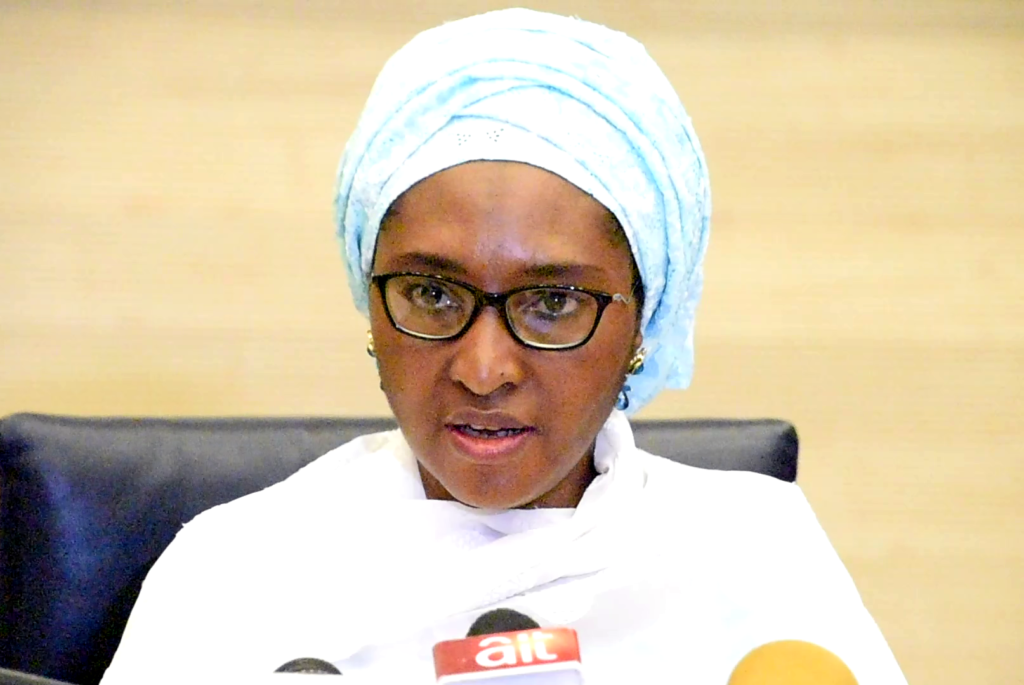
The dust raised by the $3.1billion Customs modernisation project following approval by the Federal Executive Council (FEC) last week is yet to settle as the National Association of Government Approved Freight Forwarders (NAGAFF) has written to the Federal Ministry of Finance seeking clarification on the parameters used in arriving at the projected revenue generation to the sum of $176 billion over a 20 year period.
NAGAFF in a letter signed by its former President and Head of Research and Policy Group, Eugene Nweke, said, “It is pertinent for us to ask, if this concession merited being classified under the FDI status. What are the applicable financial indices and parameters used in arriving at the projected revenue generation to the sum of $176 Billion? Presently the Nigeria Customs makes average yearly revenue of N1trillion. In 20 years this will amount to N20trillion. However, it is not clear if the concessionaire’s projections are monthly, yearly or daily or 20 year cumulative projection based. We will appreciate if the detail contract terms and conditions be made available to us.”
The association noted that in 2020, FEC had also approved the contract sum of $18.12million and N3.255billion for the acquisition of three Rapiscan Cargo Mobile Scanners awarded to Messrs Airwave Limited and another contract of N280,992,888:75 inclusive of VAT for 5 units of fast Ballistic Reverie Assault Boats/5 units of patrol boats with assorted accessories awarded to Messrs C.Y. West Africa Limited.
“In a situation where the Federal Government will be acquiring Rapiscan Cargo Mobile Scanners with public funds; we care to know what E-Customs HC Project Limited would be bringing to the table of reasonable value services”, NAGAFF said.
NAGAFF also asked if the condition of the one percent Comprehensive Import Supervision Scheme (CISS) would be applied in the present concession arrangement.
The group highlighted some customs modernisation contracts in the past and wondered when there will be an end to perennial modernisation attempts and how the Finance Ministry could reconcile the impact of financial losses of the non-performing contracts.
Part of the letter reads: “Pre-Shipment Inspection Scheme introduced in 1979, later was backed up by legal agreement via Pre-Shipment Inspection Act of 1996 aka Decree No.11 of 1996. – Pre-Shipment Inspection Companies were paid a whooping sum of $70 million to $75 million yearly for escalating trade malpractices, while the Service was partly paid less than N1 billion.
“Within March to September 1999 Destination Inspection was re-introduced, under a contractual agreement with Destination Inspection Agents (DIAs), the essence was for a full computerization and interconnectivity of the ASYCUDA to all stakeholders.
“On 3rd July, 1997, the Ministry of Finance signed agreement with the Economic Community of West Africa States (ECOWAS) for the installation of Asycuda in Nigeria Customs Service Headquarters and Area Offices of Seaports, Airports & Border Stations. The objectives of this agreement are hinged on e-customs modernization. The Contractor/Consultant installed outdated 2.7 site instead of the 3.0 site paid for, hence the need for upgrade to Asycuda 3.0 site.
“5 years after, the ASYCUDA agreement was not completed, out of the17 sites covered in the contract only 7 sites were installed, wherefore pursuance to the upgrading into Asycuda 3.0, UNCTAD estimated $2,950,000:00 for its components, and non UNCTAD components at $66,900:00. Noted that the completion of phase 1 of the project between 6 – 8 months at the cost of $27,805,000:00. Was there any sanction against ECOWAS?”
“In June, 2001, a Presidential Committee, chaired by Federal Ministry of Finance was set up to review the Pre-shipment Inspection (PSI) Scheme, The Committee examined the objectives and mode operations of the PSI.
“In 2002, Government further commissioned Messrs J.C.E. CONSULTING ASSOCIATE (CROWN AGENT) to undertake a study on the CISS and Nigeria Customs Service for the purpose of disengaging the services of Pre-shipment Inspection Agents and enhancing revenue.
“In June, 2003, the Federal Government signed an agreement with Messrs COTECNA INSPECTION SA on the provision, installation and operation of 14 X-ray Scanners on Build, Operate & Transfer (BOT) basis, at prescribed locations to scan all imports coming through the approved imports entry points. The 10-year contract also included the yearly training of 50 Customs officer on the Computerized Risk Management System (CRMS), to train 500 officers within the contract period of ten years. Again, the implementation was marred with several flaws and compromises.”